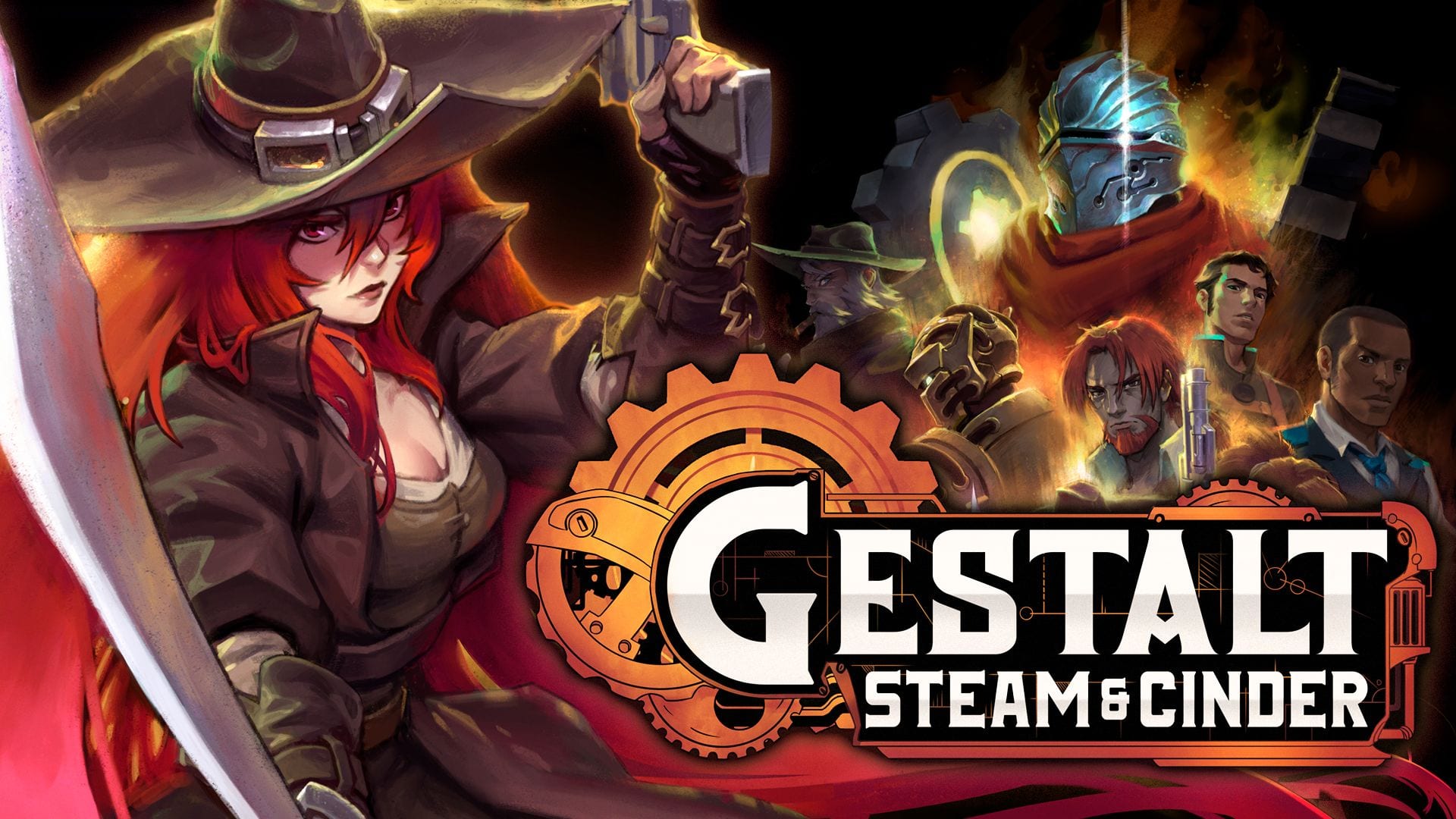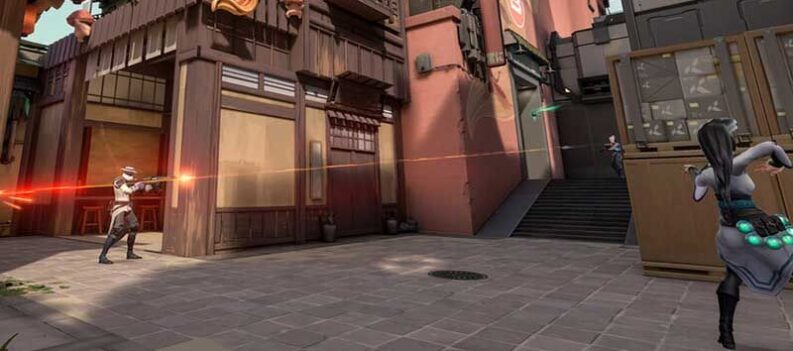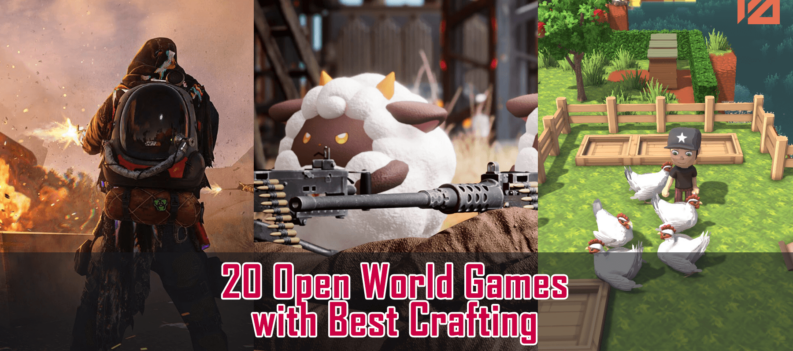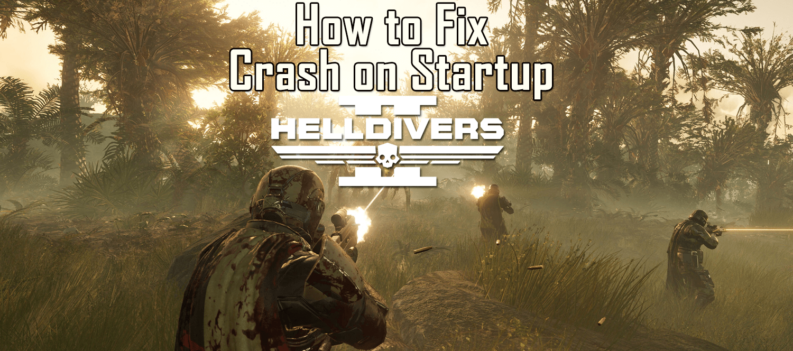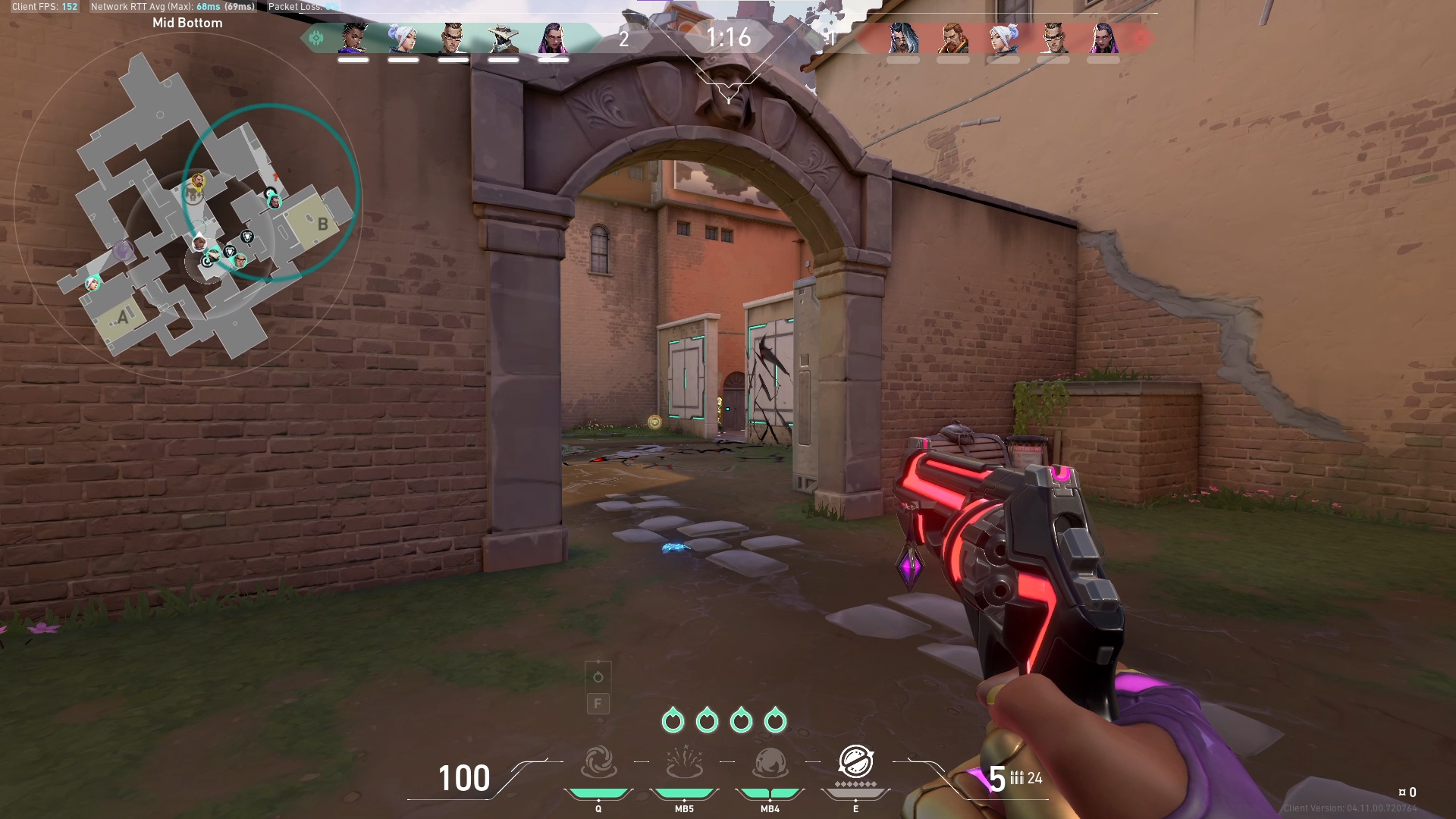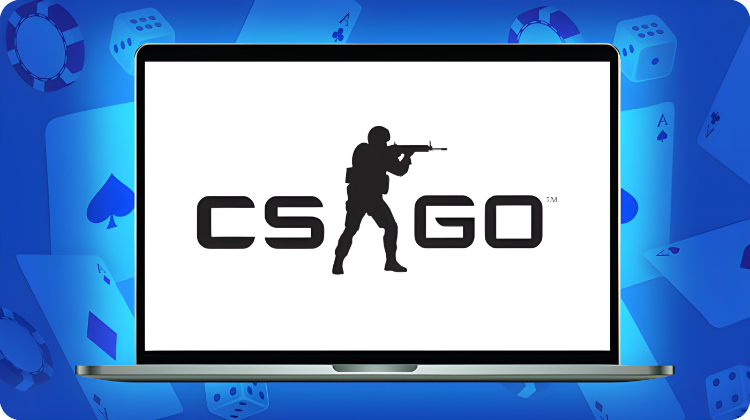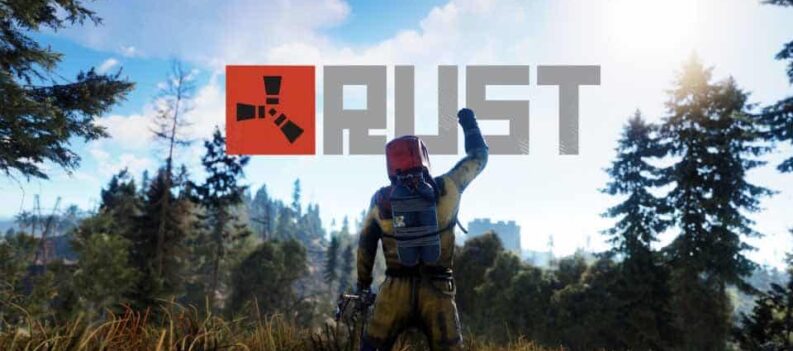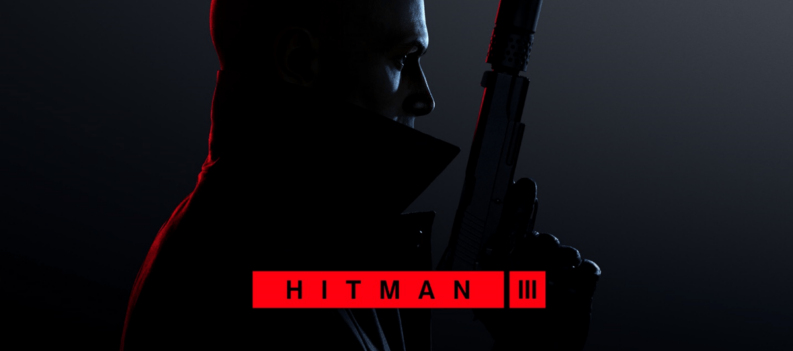As the opening notes of Gestalt: Steam & Cinders sweeping, grandiose score welcomed me to its steampunk-inspired world, I felt an odd sense of nostalgia. This nostalgia was not for 16-bit classics like Castlevania, from which Gestalt takes clear inspiration, but rather a more contemporary comparison; Bloodborne. While tonally Gestalt stands apart from FromSoftware’s gothic masterpiece, with a notably more lighthearted atmosphere and a lush steampunk aesthetic, it shares much of that games DNA, both its meticulously-crafted animations and its finely-tuned combat system.
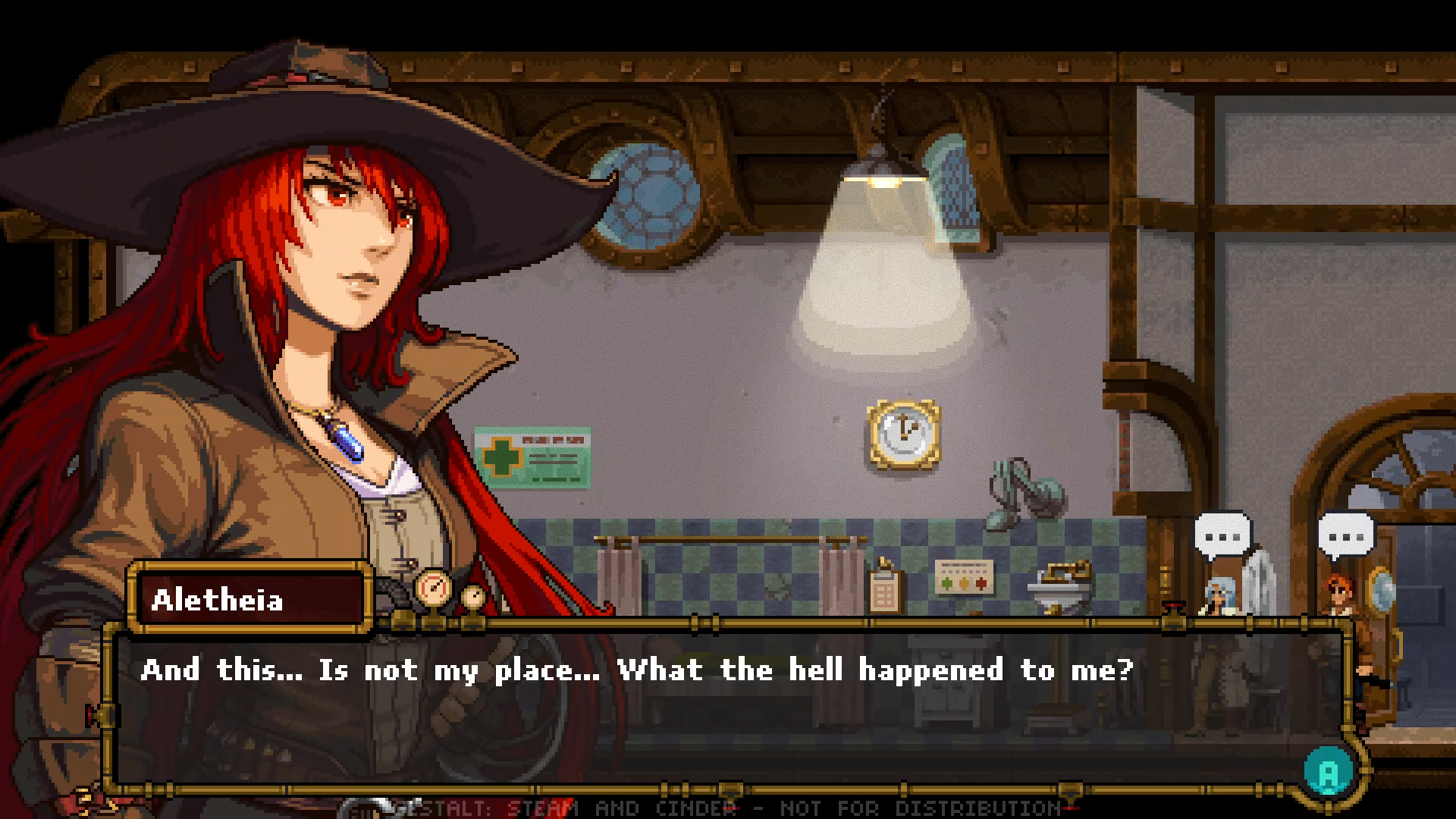
In Gestalt you play as Aletheia, a wandering soldier with newly gained powers, who is tasked with uncovering the mysteries of Canaan, a steam-powered city that acts as the last bastion for mankind. While I only interacted with a handful of characters during the game’s 20-minute demo, Gestalt’s charismatic writing shone, endearing me to both it’s richly realised world and it’s vibrant cast of characters. Once I’d gained some context for my mission, I descended into the belly of the city to investigate a shady black market run by a gang called The Syndicate.
Much like Bloodborne’s infamous, enemy-laden first street, Gestalt’s black market tested my mettle, at first deterring me then demanding I lose, learn, and iterate on my approach in order to progress. My first few runs saw me clumsily mashing light and heavy melee attacks as I slashed wildly at my foes, only to be blocked, countered and killed. As I began reading my enemy’s attacks, timing my strikes, making use of evasion manoeuvres I discovered victory in Gestalt is gained not by mindlessly hacking and slashing but through patience, discipline, and precision.
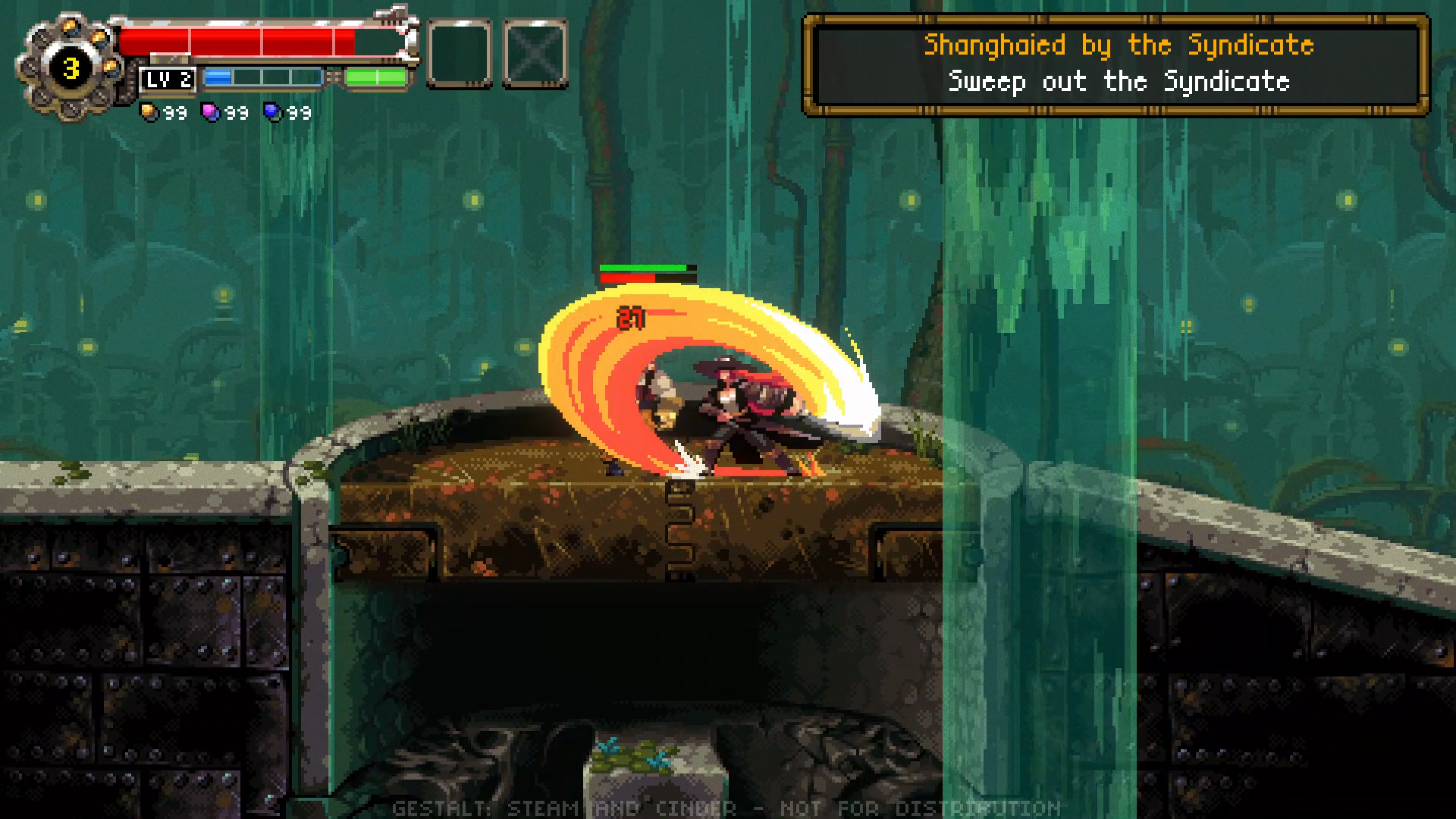
Following this revelation, I soon settled into the dance of Gestalt’s combat. A variety of enemy types from iron-fisted goons and projectile-throwing brutes to turrets and hounds forced me to consider my approach and utilise the extent of my abilities. Aside from melee attacks, Aletheia wields a gun which, akin to Bloodborne’s firearms, does little damage, instead, functioning to break your opponent’s defence, whether by interrupting their guard or diminishing their armour, leaving them vulnerable as you close in for the kill.
Having gotten to grips with its combat, Gestalt threw one more test at me, pitting me against Einherjar, a member of The Syndicate turned from man to beast. As with the foes that preceded him, Einherjar overpowered and outmanoeuvred me during my first few attempts, swiftly dealing me my demise. But as I learnt his attack pattern and gained experience points — some light RPG mechanics make each run incrementally easier as your power and resilience grow — the tide began to turn and I eventually prevailed as I landed the death blow. Rewarded with satisfyingly graphic animation as his flesh and muscle burnt off his body and a Soulslike “Vanquished Einherjar” flashed on-screen, I sat there exhilarated as the demo came to an end.
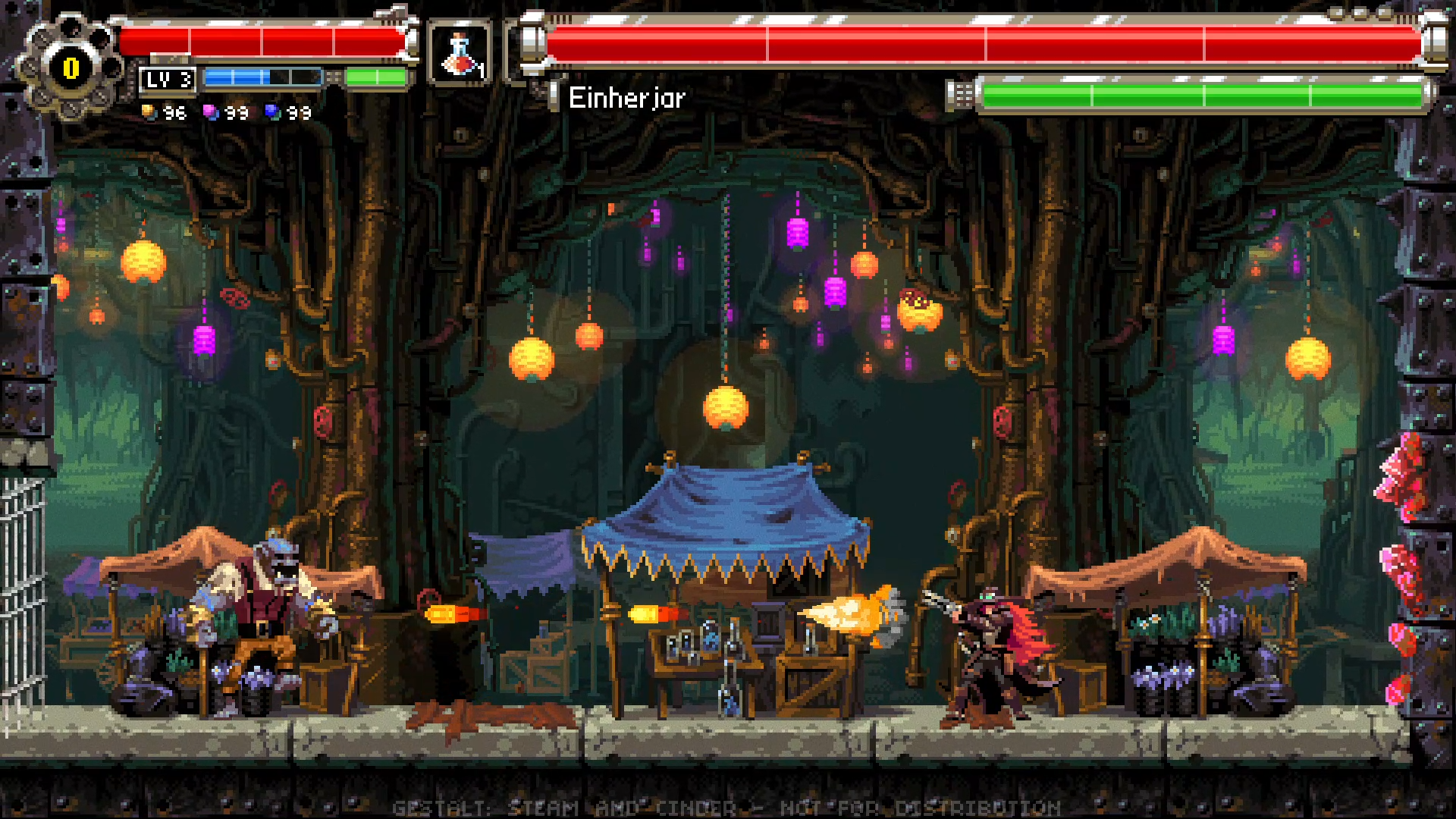
In the brief time I spent with it, Gestalt left a big impression on me. The game’s excellent art design and exquisite score conjure a world that begs to be explored while its considered combat, brought to life with meticulously crafted animations, makes for exhilarating gameplay that presents a perfectly balanced level of challenge. With a progression system that promises to further diversify the already excellent combat, a story shrouded in intrigue, and all manner of crooks, creatures, and constructs to battle, Gestalt: Steam & Cinder has left me eager for more and secured itself as one of my most anticipated titles of 2020.
